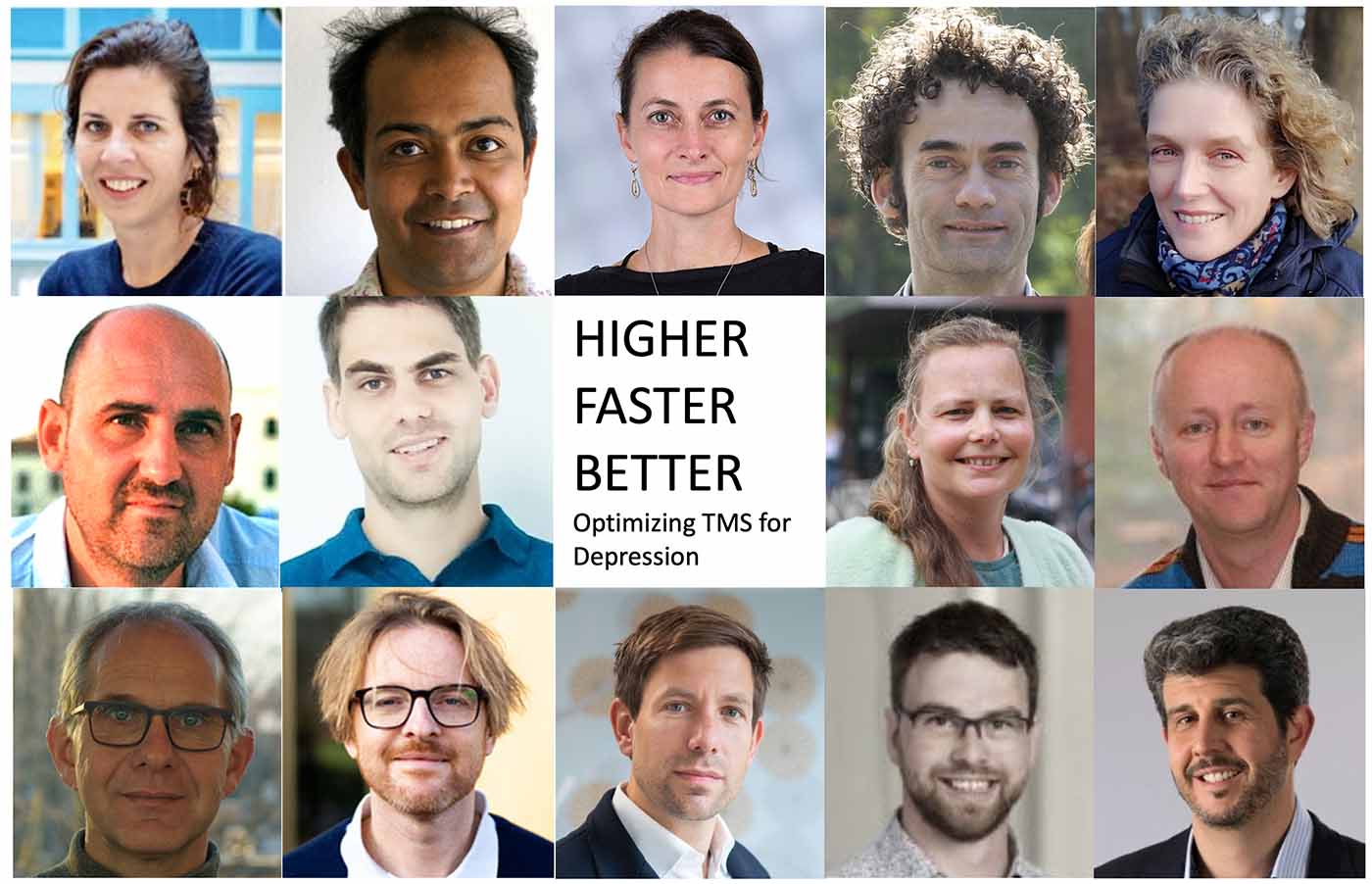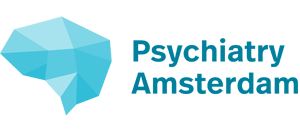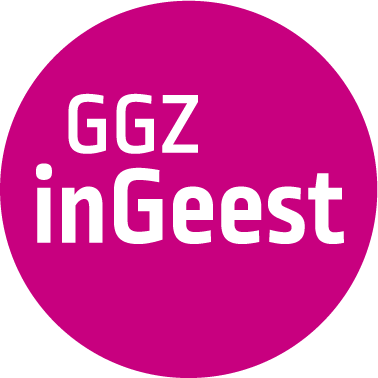Depression and treatment options
Depression, especially when complicated by severe symptoms and chronicity, puts a great burden on patients, their relatives and society. More than 30% of people suffering from depression do not recover after multiple treatments with medication and/or psychotherapy. Therefore, clinicians are in desperate need of new treatment options that have the potential to treat people suffering from depression faster and better. Transcranial Magnetic Stimulation (TMS) is such a new treatment method, which is a noninvasive procedure that uses magnetic fields to stimulate nerve cells in the brain to improve symptoms of depression. TMS is typically used when other depression treatments haven’t been effective.
Higher, faster, better study
With the ‘Higher, faster, better’ study a group of depression specialists want to investigate the (cost-) effectiveness of neuromodulation in depression. Annemiek Dols: “We want to study whether intensive treatment with TMS for five days is more effective than daily TMS for six weeks.” For three years, 108 people with therapy-resistant depression will be randomly assigned to one of the two protocols: the Theta Burst Stimulation or the standard 10 Hz repetitive TMS protocol.
Consortium

From left to right, top to bottom: Annemiek Dols (main applicant), GGZinGeest and Amsterdam UMC – Eric van Exel, GGZ inGeest – Odile van den Heuvel, Amsterdam UMC – Ysbrand van der Werf, Amsterdam UMC – Nicole Louis, Dutch Depression Association – Philip van Eijndhoven, RadboudUMC – Ben Wijnen, Trimbos – Mardien Oudega, GGZ inGeest – Koen Schruers, Maastricht University – Adriaan Hoogendoorn, GGZ inGeest – Alexander Sack, Maastricht University – Christiaan Vinkers, Amsterdam UMC – Sjoerd van Belkum, University Medical Center Groningen – Daniel Blumberger, Centre for Addiction and Mental Health Canada.
source: Amsterdam Neuroscience




